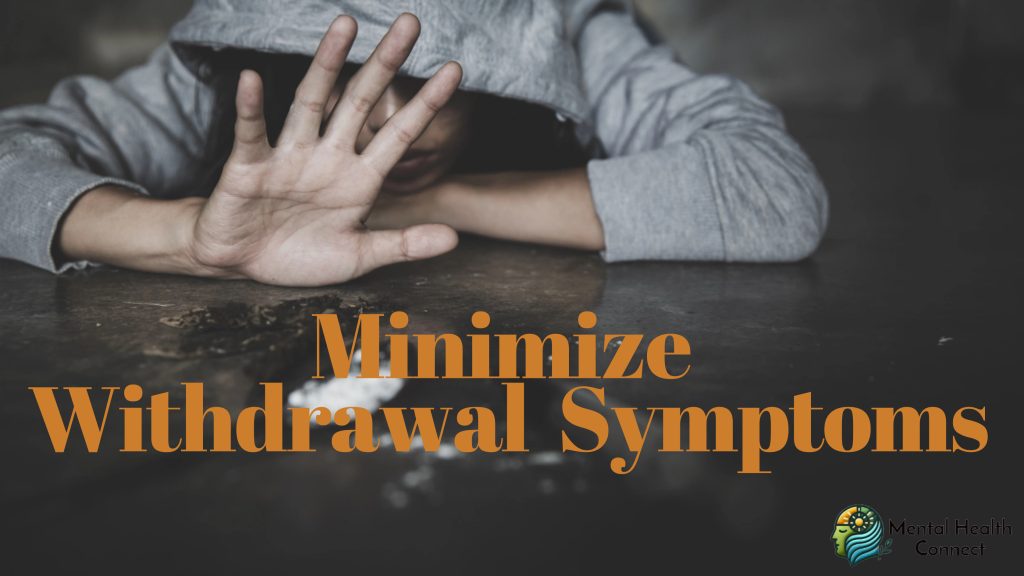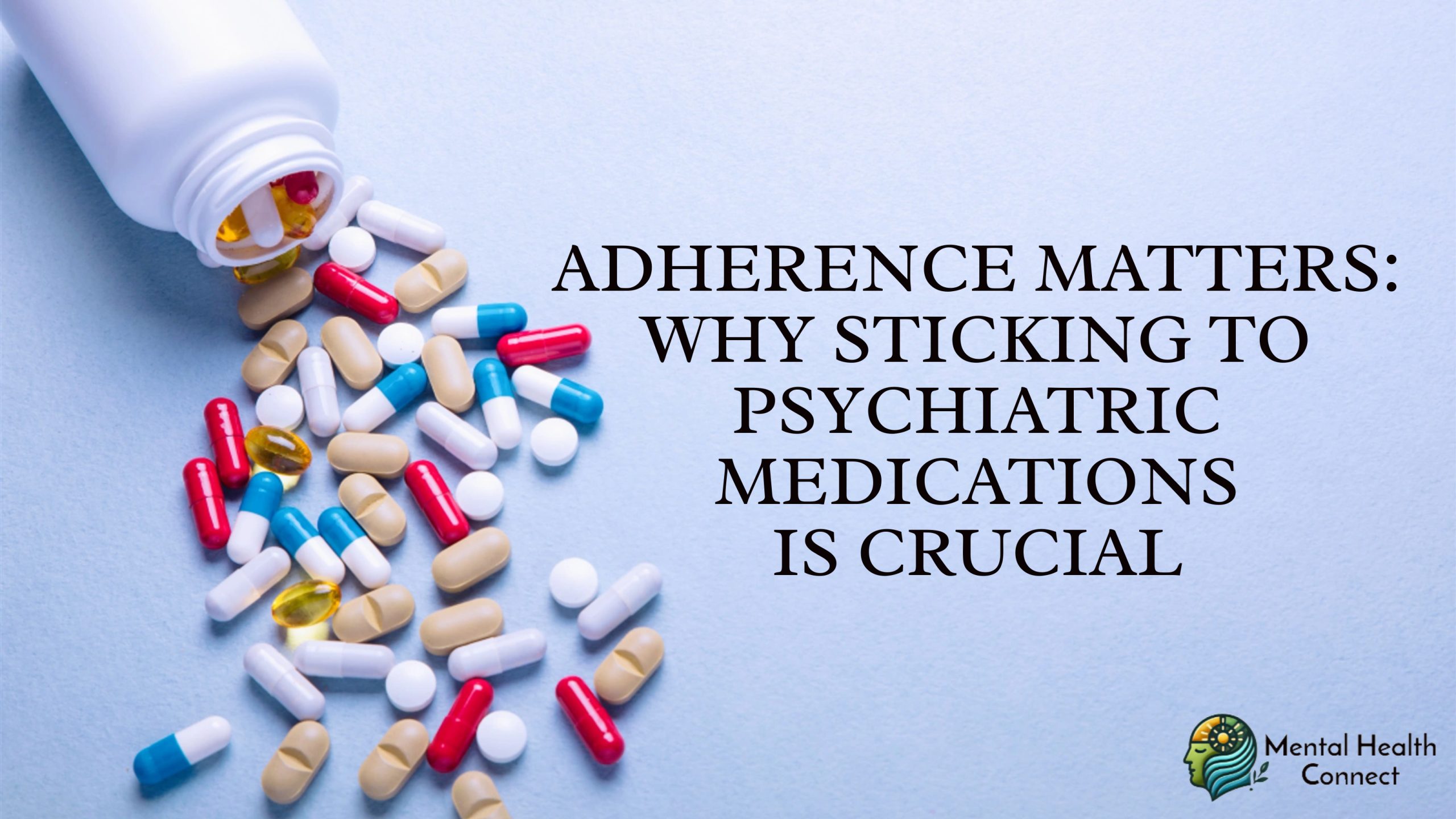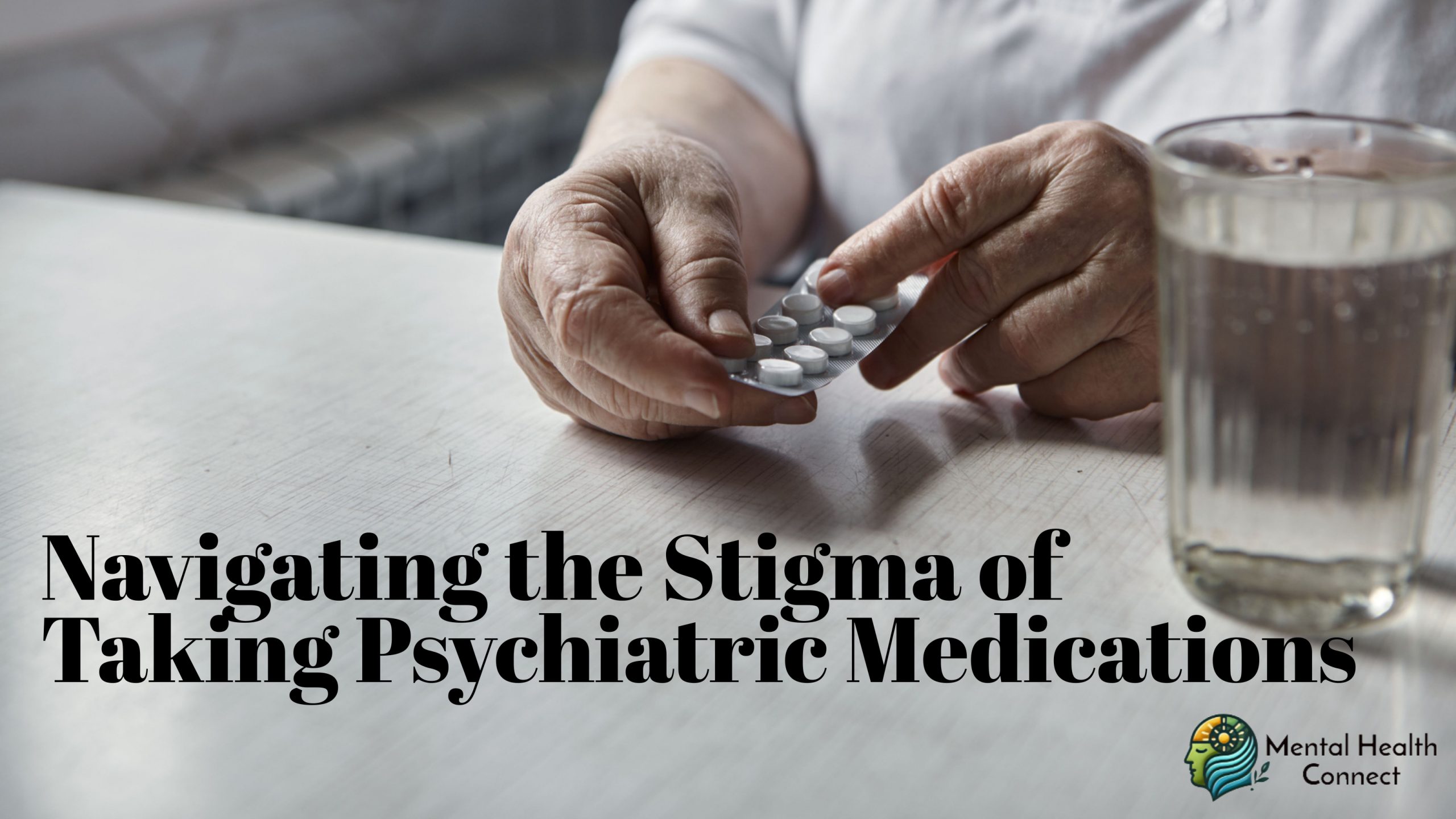Understanding Withdrawal: How to Safely Stop Psychiatric Medications

Discontinuing psychiatric medications is a process that requires careful planning and professional guidance. Many people encounter challenges when attempting to stop their medications, often due to withdrawal symptoms that can range from uncomfortable to severe. This comprehensive guide explores the safest approaches to discontinuation, helping you understand what to expect and how to minimize potential difficulties.
Why Proper Discontinuation Matters
Psychiatric medications work by altering brain chemistry. When stopped abruptly, these chemical systems can experience significant disruption, leading to withdrawal symptoms and potential relapse. The majority of psychiatric medications must be gradually reduced since the brain needs time to acclimate to functioning without the drug.
Common Withdrawal Symptoms

Depending on the pharmaceutical class, dose, length of usage, and personal characteristics, withdrawal symptoms might vary greatly. Common symptoms include:
- Sleep disturbances or unusual dreams
- Sensory disturbances (brain zaps, tingling, unusual sensations)
- Mood changes (irritability, anxiety, depression)
- Physical symptoms (nausea, headaches, dizziness)
- Cognitive effects (brain fog, memory issues, concentration problems)
- Psychological symptoms (heightened emotions, intrusive thoughts)
The Importance of Medical Guidance

Attempting to discontinue psychiatric medications without professional oversight can lead to:
- Severe withdrawal symptoms
- Psychiatric symptom recurrence or rebound
- Medical complications
- Prolonged discontinuation syndrome
- Difficulty distinguishing between withdrawal and relapse
Working with healthcare providers ensures proper monitoring and adjustment throughout the process.
Creating a Discontinuation Plan

A comprehensive plan typically includes:
1. Assessment of Readiness
Before beginning tapering, consider:
- Current mental health stability
- Life stressors and support systems
- Previous discontinuation attempts
- Upcoming life changes or stressful events
2. Medication-Specific Approach
Different medications require different approaches:
- Antidepressants: Typically require slow tapering, particularly SNRIs and paroxetine
- Benzodiazepines: Need very gradual reduction to prevent serious withdrawal symptoms
- Mood stabilizers: Often require particularly slow tapers with careful monitoring
- Antipsychotics: May need specialized tapering schedules to minimize rebound effects
3. Tapering Schedule Development
Working with your doctor to create an individualized schedule that considers:
- Current dosage and formulation
- How long you’ve been taking the medication
- Half-life of the medication
- Your previous experiences with dosage changes
- Other medications you’re taking
4. Monitoring and Adjustment
Regular check-ins with healthcare providers allow for:
- Assessment of withdrawal symptoms
- Evaluation of underlying condition stability
- Schedule adjustments as needed
- Additional supportive interventions
Steps to Minimize Withdrawal Symptoms

Gradual Reduction
The most crucial aspect of successful discontinuation is tapering slowly enough:
- Reductions typically range from 5-25% of current dose
- Time between reductions varies from 2-6 weeks or longer
- The pace often slows as the dose gets lower
- The entire process may take months or even years for long-term medication use
Timing Considerations
Strategically planning your taper can improve outcomes:
- Begin during a period of life stability
- Allow extra time between reductions during stressful periods
- Consider seasonal factors that might affect your mental health
Complementary Approaches
Supportive measures can significantly improve the discontinuation experience:
- Psychotherapy to develop coping strategies
- Stress reduction techniques (meditation, deep breathing)
- Regular physical activity appropriate for your condition
- Nutritional support and hydration
- Sleep hygiene optimization
- Social support mobilization
Temporary Supportive Interventions
Some people benefit from temporary supports during tapering:
- Short-term use of specific supplements (with medical guidance)
- Alternative formulations or compounds for micro-tapering
- Temporary symptom-specific treatments
When to Pause or Reassess
Certain situations warrant slowing down or pausing the tapering process:
- Severe withdrawal symptoms
- Significant life stressors arise
- Signs of underlying condition recurrence
- Physical illness or injury
- Sleep becomes severely disrupted
Special Considerations
Multiple Medications
When discontinuing multiple medications:
- Usually taper one medication at a time
- Begin with the medication expected to have fewer withdrawal effects
- Allow stabilization between medication changes
Long-term Use
Those who have been on medications for many years may need:
- Exceptionally gradual tapering
- Extended stabilization periods between reductions
- Specialized compounding for micro-reductions
Previous Discontinuation Difficulties
If past attempts were challenging:
- More gradual approach than previous attempts
- Additional supportive interventions
- Consider consulting specialists in discontinuation
After Discontinuation
Recovery doesn’t end when the last dose is taken:
- Post-acute withdrawal symptoms can persist for months
- Continued monitoring is important
- Maintain strong support systems
- Know the signs that might indicate a need to resume medication
Discontinuing psychiatric medications safely requires patience, preparation, and professional guidance. While the process can be challenging, a thoughtful approach significantly reduces risks and discomfort. Remember that successful discontinuation is measured not just by stopping medication, but by maintaining wellness throughout the process and beyond.
FAQ About Psychiatric Medication Withdrawal
Is it possible to stop psychiatric medications without any withdrawal symptoms?
While some people experience minimal symptoms, most individuals who have taken medications for more than a few months will experience some withdrawal effects. The severity varies widely based on many factors.
How long does withdrawal typically last?
Acute withdrawal symptoms often last 2-6 weeks, but post-acute withdrawal symptoms can persist for months. The timeline varies significantly depending on the medication and individual factors.
Can I speed up the tapering process if I’m feeling good?
It’s generally not recommended to accelerate a tapering schedule, even when feeling well. Many withdrawal symptoms emerge only after a reduction has had time to fully impact the system.
What’s the difference between withdrawal and relapse?
Withdrawal symptoms typically emerge shortly after a dosage reduction and often include physical symptoms not part of the original condition. Relapse usually develops more gradually and resembles the original symptoms. This distinction can be difficult to make and requires professional assessment. Are there any medications that can be stopped abruptly?
Very few psychiatric medications can be safely stopped without tapering. Even short-acting medications often require gradual discontinuation to prevent withdrawal symptoms or rebound effects.



Leave a Reply